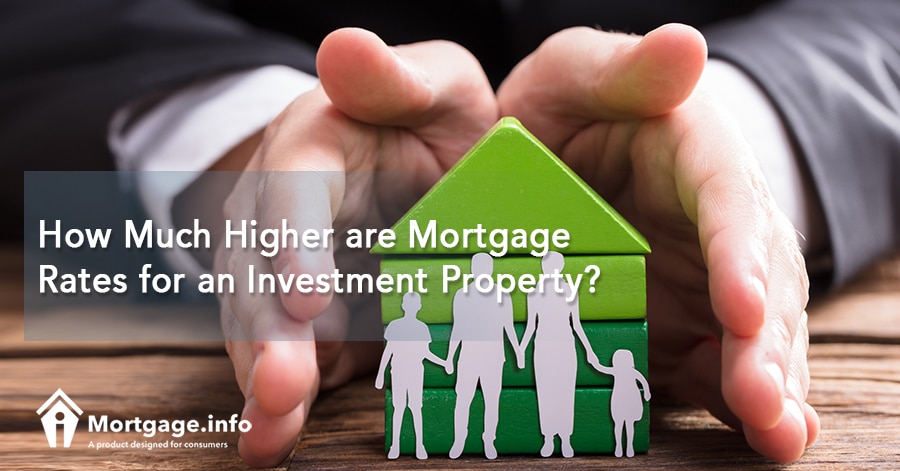
Lenders base your interest rate on the riskiness of your loan. Once a lender decides how likely you are to default on your loan, they determine your interest rate. They look at factors such as your credit score, debt-to-income ratio, and type of income. One more factor they consider, though, is the type of home. If it’s not owner-occupied and is an investment, it adds another layer of riskiness for the lender.
Compare Offers from Several Mortgage Lenders.
When you borrow money to buy the home you will live in, you have an incentive to make your payments. It’s your home. Without it, you’d be homeless. When you borrow money for an investment home, you don’t live in the home. It wouldn’t affect you if you lost the home in a foreclosure, with the exception of damaging your credit. That’s a risk some borrowers are willing to take when they can’t afford their investment property’s mortgage.
So how much higher are interest rates on an investment property? Read below to find out.
How Much Did You Put Down on the Home?
Lenders want real estate investors to make a large down payment. They may even consider a 20% down payment low. They want you to have your own money invested so that you have a reason to keep up with the payments.
There’s no guarantee that your renters are going to stay in the home and/or pay their rent. The lender needs to know beyond a reasonable doubt that you’ll keep up with your payments. A higher down payment helps make this reality. The less money that you put down on the home, the higher the interest rate a lender is likely to charge you.
What is Your Credit Score?
Just like with your primary home mortgage, a lender needs to know your credit score for your investment property mortgage. You’ll want your credit score to be as high as possible. There aren’t any government-backed programs with flexible guidelines to help you with your investment property. You are looking at either Fannie Mae/Freddie Mac programs or subprime programs.
You may find lenders will to fund you a loan with a credit score as low as 620, but be prepared for a higher interest rate. The borrowers with good credit scores, in the 700s will be the ones that get the lower interest rates.
Click to See the Latest Mortgage Rates.
What is Your Debt Ratio?
When you buy an investment property, you are likely adding another mortgage to your debts. Lenders need to know that you can comfortably afford both debts without considering rent. If you have a long history of receiving rent and you have a potential renter, the lender may include the rent as your income, but don’t expect them to include 100% of it. The lender needs to prepare for the worst-case scenario. In this case, this means a renter that stops paying. Just because no one is living in the home doesn’t mean that you don’t have to pay your mortgage on the property. Try keeping that debt ratio under control.
What’s the Area Like?
The lender will need to know what the renter’s market is like where you intend to buy the home. Do homes regularly get rented? Do homes sit vacant for long periods? Lenders consider these factors, again, because you aren’t occupying the home. If you have to depend on the rent to make the mortgage payments, you’ll need to buy a home in an area where renting is common.
You’ll Need Cash Reserves
Unlike when you bought your primary residence, you’ll need cash reserves to buy an investment property. Typically, lenders want at least six to 12 months of cash reserves on hand. This is aside from your money from your down payment and closing costs. Reserves let a lender know that you will be able to pay your mortgage on the investment property even if your renters back out on you. The more cash reserves you have on hand, the less risk you pose, which may mean a lower interest rate.
There’s no perfect formula you can use to determine the interest rate you’ll receive on an investment property. The key is to maximize your qualifying factors and shop around, just as you would for a primary residence mortgage. Different lenders will have different rules and rates that they charge. Take your time and find the loan that is right for you.
